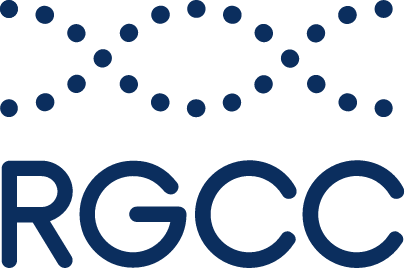DNA disruption could cause cancer, say scientists

Scientists studying the cell replication process have discovered that damage to DNA during the early stages could potentially create “genomic instability” that could cause cancer. The cutting-edge research into cell replication has implications for future research and could, in time, lead to the development of new strategies for diagnosing and treating cancer.
Cells in the human body divide and replicate, creating new copies of themselves. A cell’s genomic information is copied during replication in a process known as “origin licensing”. Sometimes, things can go wrong, damaging DNA that could lead to cancer, say scientists in a new paper published in Nucleic Acids Research.
For the first time, researchers have explored the process of cell replication in “painstaking and meticulous” detail, says study co-author Jean Cook, PhD, professor of biochemistry and biophysics at the UNC School of Medicine and member of the UNC Lineberger Comprehensive Cancer Center.
Lead scientist and co-author Liu Mei, PhD, combined still and time-lapse microscopic imaging techniques to document how the origin licensing process works. In the paper, Liu and Cook describe how they compared the origin licensing process in the two primary states of the genome, euchromatin and heterochromatin.
Using advanced techniques, the team studied cells as they progressed through the stages of division, identifying the G1 phase – the time between the end of cell division and the beginning of DNA replication – as playing a critical role.
“Successful replication requires sufficient origin licensing in all genomic regions,” say the authors. Artificially shortening the G1 phase in tests cells resulted in “significantly more under-replication and DNA damage,” they conclude.
“Our findings may help explain, for example, why certain portions of the genome are relatively susceptible to DNA damage during replication in some cancer cells,” said Cook.
The paper provides exciting new avenues for future research, providing a fresh and vital insight into the role of cell replication. It could also have important practical implications for cancer diagnosis and treatment. “Both chromatin structure and G1 length are altered in many cancers,” conclude the authors. “The insights gained from this study can contribute to understanding both the source and location of genome instability in cells with such perturbations.”
At RGCC, we welcome any new research that unlocks the hidden mechanisms that can cause cancer. Insights such as these inform and inspire us to develop new treatments and diagnostic tests that help us learn more about what causes cancer and how we can fight it.
We offer a range of clinically validated tests that can accurately diagnose cancer and provide critical insights for clinicians they need to develop the most effective range of cancer treatments and therapies.
You can learn more about our range of personalised cancer tests here.
You can view the full paper, The consequences of differential origin licensing dynamics in distinct chromatin environments, here.

